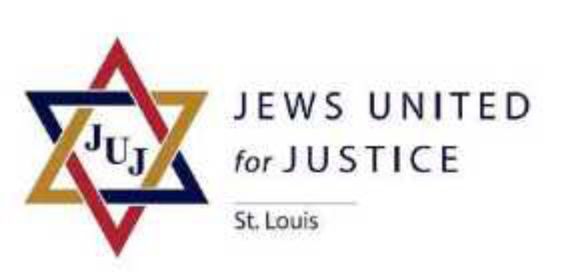For centuries, when people have observed Yom Kippur, the morning service Haftarah has been taken from Isaiah Chapter 57, verse 14 – through Chapter 58, verse 14. The message in it is one of the clearest and most powerful of all in Judaism and it is therefore appropriate for a holiday that almost all Jewish people attend.
The concern with ritual observance – at the expense of caring for other people - was a dominant occurrence once the people returned from the exile in Babylonia. Isaiah saw an obsession with ritual, forgetting what he saw as God’s true will:
“No, this is the fast I desire: To unlock fetters of wickedness, and untie the cords of the yoke; To let the oppressed go free; To break every yoke; It is to share your bread with the hungry, And to take the wretched poor into your home; When you see the naked, to clothe him, and not to ignore your own kin.” (58:6-7).
This haftarah emphasizes the centrality of Tikkun Olam (repairing the world) in Judaism. Isaiah states outright that if your focus -as a Jew - is not on Tikkun Olam but on rituals, God will not answer you. Today this message is more important than ever; when we formed JUJ, Jews United for Justice, 18 years ago, we wanted to introduce a Progressive voice into Judaism and a Jewish voice into the Progressive movement. Over the years we have done so – and we are proud of our history so far.
After the shooting in Ferguson, 3 years ago, a new urgency to address racial and other justice issues became our focus.
The Ferguson Commission report identified four areas of great concern: Justice for All (Police-Community relationships), Diversity in Education, Opportunity to Thrive and Youth at the Center. JUJ created 4 task forces along these guidelines from the Ferguson report.
At the end of this presentation you will have the opportunity to talk to us about the Task Forces and find out how you can get involved and help out in this sacred mission.
Our Torah stresses the concern for others by its frequent challenges to the people to remember that we were once strangers in Egypt, and we should therefore treat strangers as we should have been treated ourselves. The call for this empathy occurs over 40 times in the Torah, while keeping kosher (as an example of Ritual) is only mentioned twice. The Torah’s showing its preferences strongly supports Isaiah’s words in today’s Haftarah.
If you want to get involved with our efforts to adhere to Isaiah’s message, please contact us and here is how:
Send an email to:
Send an email to:
